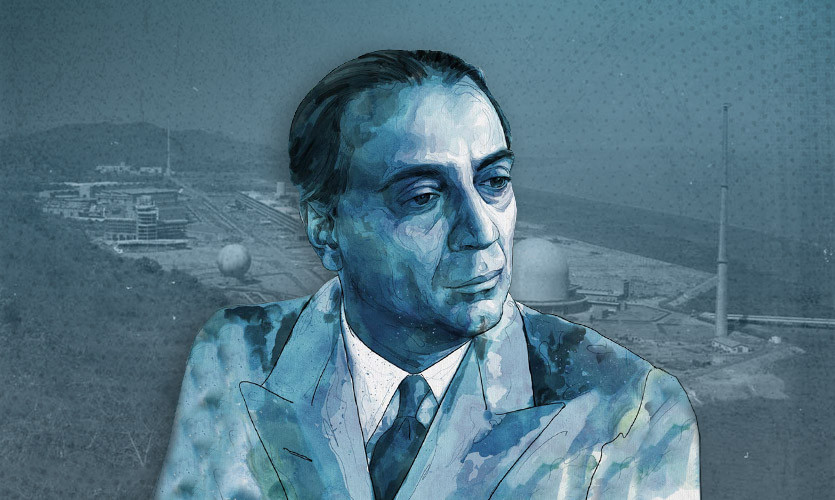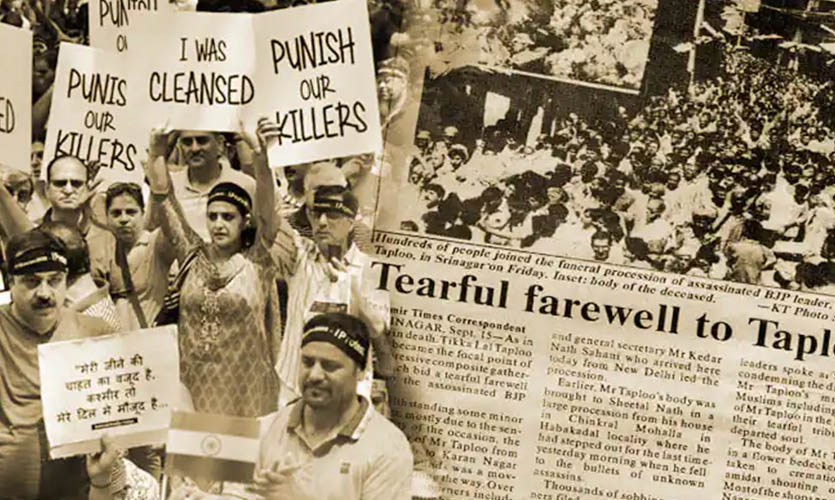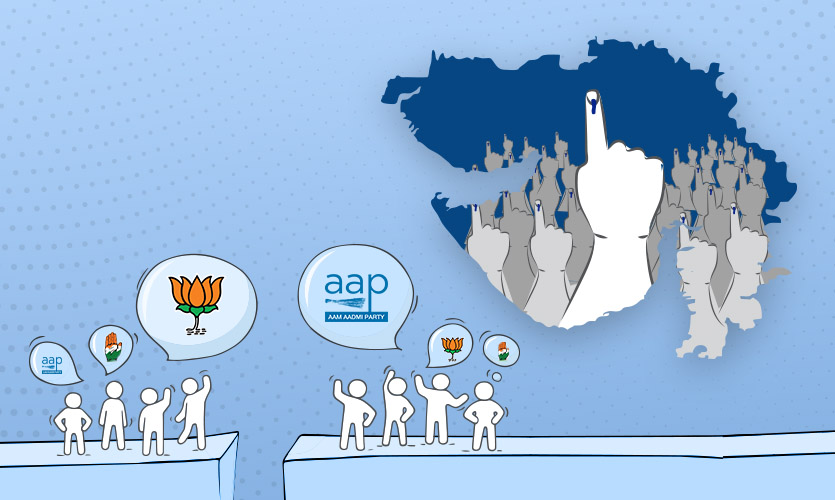For a country with a long history of facing unprovoked foreign invasions by people of different faiths, the Republic of India has been accepting of all of them, continuing to protect the same.
The Indian Constitution, while boasting of protecting the right to expression and religious freedom, is also lacking a nationwide anti-conversion law against forced or fraudulent religious transformation of a citizen.
Has this worked in favour of India’s secular fabric, or is there a price to pay?
Legal Ambiguity
The Orissa Freedom of Religion Act, 1967, laid the foundation of anti-conversion law in India, which “provides that no person shall convert or attempt to convert, either directly or otherwise, any person from one religious faith to another by the use of force or by inducement or by any fraudulent means”. With no anti-conversion law in place at the central level, the onus to protect citizens against such unlawful transformation has been on the states. In 2015, the Ministry of Law and Justice had clarified that since ‘law and order’ is a State subject, an anti-conversion law could not be created at a national level. Till date, only nine states in India have come up with such laws, although it also means that each state has its own unique approach to their respective laws, and each case relating to the issue could proceed in a different fashion in the respective state courts in the absence of a uniform legislation. For example, the anti-conversion laws in Himachal Pradesh, Karnataka, Uttarakhand and Uttar Pradesh also place a ban on conversion through marriage unless the authorities are informed well in advance.
Madhya Pradesh became the second state to have an anti-conversion law, in 1968, under which it enforced the “prohibition of conversion from one religion to another by use of force or allurement, or by fraudulent means, and matters incidental thereto”. The ambiguous nature of the vague terms used in the Indian legislations that protect the rights of the citizens, and in the laws passed by the states, seriously threatens the Constitution’s guarantee to ensure a democratic society.
The Deepening Divide
Anti-conversion laws are often seen as divisive, aimed at suppressing minority religions and restricting the right of an individual to practise a religion of their choosing. These laws can easily be used to persecute minority religious groups. The Madhya Pradesh Freedom of Religion Act, 2021, for example, states that cases filed under it are cognisable, i.e. don’t need a warrant, and are non-bailable.
Apart from their conflict with the various rights protecting citizens’ freedom of expression and religion, the anti-conversion laws also face questions regarding their effectiveness. It is unclear if they are successful in preventing forced religious conversion of people. The varying clauses regarding converting to marry also pose a challenge for consenting adults who may choose to do so willingly or out of positive influence.
Like in the case of Shafin Jahan vs Asokan KM, the Supreme Court maintained that an adult has the right to marry and convert to another religion, and that the state has no right to interfere in the same. In May 2017, Hadiya’s (formerly Akhila Ashokan’s) marriage to a Muslim man was annulled by the Kerala High Court which stated that she was a victim of indoctrination and psychological kidnapping, and that the couple’s claims of their marriage being arranged through a matrimony website were “bogus”. Kerala HC handed over Hadiya’s custody to her father Asokan KM, who had filed a habeas corpus petition to trace her after reporting her missing. Hadiya claimed that she left her father’s home as he forbade her from practising Islam. She added that she married a Muslim man and Social Democratic Party of India member Jehan of her own volition. The apex court restored her marriage after 10 months of legal battle.
Reportedly, in 2002, 22 scheduled caste people converted to Christianity at Mirigunda village in Raigarh. They submitted a petition to the court stating that they were influenced by reading the Bible and were not coaxed into converting. The court ignored the petition and convicted the accused perpetrators, two priests and a nun, on charges of forced conversion.
The anti-conversion law is also not devoid of allegations of political mischief, with some people accusing the Bharatiya Janata Party and right-wing affiliated Hindutva groups of leading the charge to deepen religious divide, to curb what they term as “love jihad”. Notably, out of the nine states that have passed an anti-conversion law, only Odisha happened to be a non-BJP state at the time.
A Necessary Dishonour
While it is a disgrace that a secular and free country like India has to ascertain curbs on religious activity, anti-conversion law seems to be a necessary evil, even if one were to only keep in mind the often-forceful nature of religious conversion.
As of December 2021, 108 police reports were recorded in relation to violation of anti-conversion law in Uttar Pradesh, leading to 189 arrests and 72 convictions. In June 2022, Mohammad Umar Gautam and Mufti Qazi Jahangir Alam Qasmi of Islamic Dawah Centre India were arrested on charges of mass conversion of Hindus to Islam. In September 2022, a 26-year-old Muslim man was found guilty of eloping with a Hindu minor girl, promising her marriage and changing her religion, by a UP district court.
In 2021, three Christian missionaries were arrested at MP’s Bicholi for attempting conversion of Hindu tribals via allurement, offering them free education and medical services. In Gujarat, Mother Teresa’s Missionaries of Charity was accused of converting Hindus, and in December 2021, a police case alleged the organisation of inducing Christianity in Hindu children and child trafficking. Consequently, the Government of India stopped all international funding of the organisation.
Although necessary, anti-conversion laws in India require a comprehensive and transparent approach to balance the rights guaranteed under the Constitution, while also ensuring protection of the country’s cultural cohesion.
The Horus Eye is a weekly column written by Divya Bhan analysing current affairs and policies. This column does not intend or aim to promote any ideology and does not reflect the official position of The Sparrow.
Also read: Has The Prophet Row Exposed The Underlying Hypocrisy Of ‘Atmanirbhar Bharat’?









